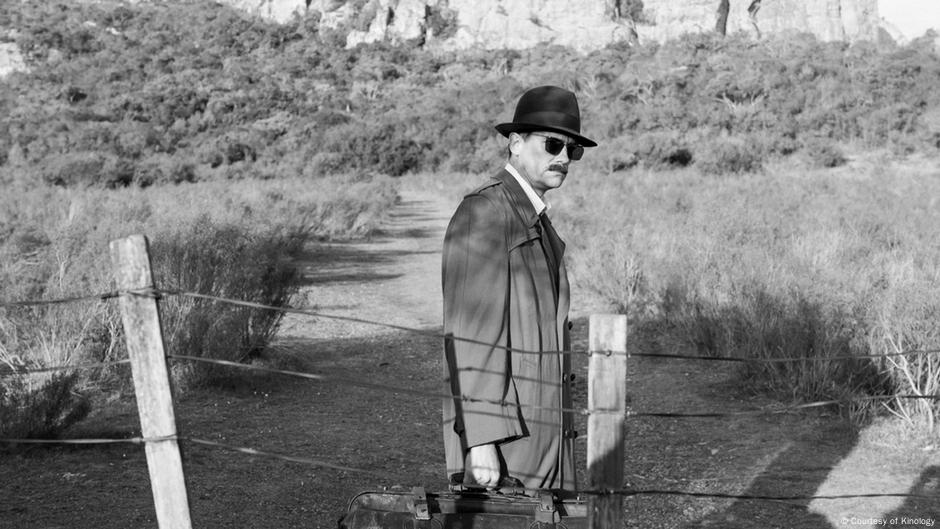Josef Mengele, notorious for his sadistic experiments on Jewish people at Auschwitz, escaped capture after World War II, aided by former SS members, and lived in exile in Argentina. “The Disappearance of Josef Mengele,” directed by Kirill Serebrennikov, chronicles his life on the run from 1956 to his death in 1979, revealing the extent of his evasion from justice.
The film, adapted from Olivier Guez’s acclaimed book, portrays the broader network of support that enabled Nazi war criminals to elude accountability. It raises pressing questions about justice, evil, and the psychological transformation from ordinary individuals to perpetrators of horrific crimes.
Serebrennikov emphasizes the “banality of evil,” challenging viewers to understand how ideological extremism can permeate everyday lives. As contemporary far-right ideologies rise, the film serves as a cautionary tale against dogma, appealing for critical reflection on history and current societal trends.



